|
Porumboiu's placid cinematic language - one which is perhaps best described as tactical stoicism rooted far more in ascetic sensibilities than flamboyance - crafts a playful, complex neo-noir which manages to be very much his own. Traverses the sensibilities and complexities of the genre with grace, providing ample narrative subversions, a playful exercise and a worthy contribution to the genre which is not void of merit. Remains a work which feels slight for the esteemed Romanian filmmaker, but one which is still certainly worth experiencing, the finale set in Singapore delivering a rapturous denouement - the uncertainty of it all, a tangled love affair at the fulcrum of this story of deception, intrigue, and seemingly-shifting allegiances.
0 Comments
Wait Till The Sun Shines, Nellie exhibits a convincing facade of gentle cinema, one dripping with romanticism in its formal designs, carrying the ethereal perception of small town Americana in its opening frames only to slowly reveal its more melancholic and sober provocations about the facile nature of small town American life. Told through the perspective of an aging barber whose reflecting over his turbulent life, Wait Till The Sun Shines, Nellie is sprawling film which spans decades, dripping at times in melodrama but not without biting intent. Jovial highs and soul-crushing lows are examined, and in a sense, the film manages to capture the beautiful complexity of life itself, how tragedy and jubilation are congruent forces in a sense, diametrically opposed but inseparable in their ability to influence the palatable nature of ontology.
Crafted with intermediate narrative complexity and a story structure which feels rather self-contained, given the grandiose nature of the conception, Bloodshot is an engaging mid-budget action throwback which displays enough ingenuity and dynamic action sequences to warrant its existence. Simple characterizations and story structure aside, Bloodshot's biggest weakness is it didn't push itself far enough, showing a reluctance at times to embrace an unrestrained action panache which such a story calls for. Instead it finds itself teetering right-down-the-middle where some fantastic action set pieces are met with low-grade attempts of emotional or intellectual truths instead of showing a penchant for pure, unadulterated fun which the concept itself is ripe for.
Scented with a sense of smug satisfaction, The Gentlemen is a brass, juvenile film which sees Guy Ritchie return to his comfort zone, delivering a peculiar british gangster flick in which indulgences for stylish sensibilities obfuscate rather than strengthen or support any semblance of storytelling rooted in curiosity or intrigue. With The Gentlemen, escapist mayhem takes center stage, and while the film features moments of jubilation, these moments are ultimately short-lived when viewed in the scope of the film as a whole which is lacking in any form of emotional or intellectual substance.
Whannell's visual acumen serves this film dividends - the fear invoked by his general use of spatial stillness and auditory silence. A concise and clever narrative construction, one in which psychological distress and the fear of uncertainty and loneliness it fosters are perfectly emulated and weaponized into a self-contained, eery spin on the classic horror franchise in which Elizabeth Ann Moss gives a blisteringly disturbed performance.
Despite the scripts mind-numbing simplicity and utter lack of tact, The Hunt wisely starts fast and never lets up, being a lean exploitation film about the current epoch which is severely buoyed by its strong, central lead performance. The film's humor feels unintentional at times and some of the dialogue is so forced it's utterly painful but the film's penchant for fast-paced, mayhem inducing thrills makes this thing a bearable distraction
An intimate look at isolation and survival viewed through a singular documentary construction in which stray dogs provide an emotive vessel for observation. A quiet study, Space Dogs isn't transformative, yet through its subtle, observational lens, it does detail a despondency with a level of honesty and poignancy which many films struggle to manage or capture. Strives for truth through observation, and in moments, it captures a profound sadness and one which feels like a low-key critique of the humanities' penchant for exploitation.
A perverse allegory which reshapes itself as it progresses, the destabilizing mind characterization weaponized in an effort to facilitate its thematic assertions around implicit repression in a patriarchal society. Meticulously crafted, the aesthetic sensibilities, the use of mise-en-scene, and general blocking are concise, clean, and calculated, symmetrical framing imbued as a counter-balance to the facile marital relationship at the center of its story. Trauma is explored with subversive yet tactical rigor, never stifling the emotive response nor the film's incisive examination of identity.
|
AuthorLove of all things cinema brought me here. Archives
June 2023
|
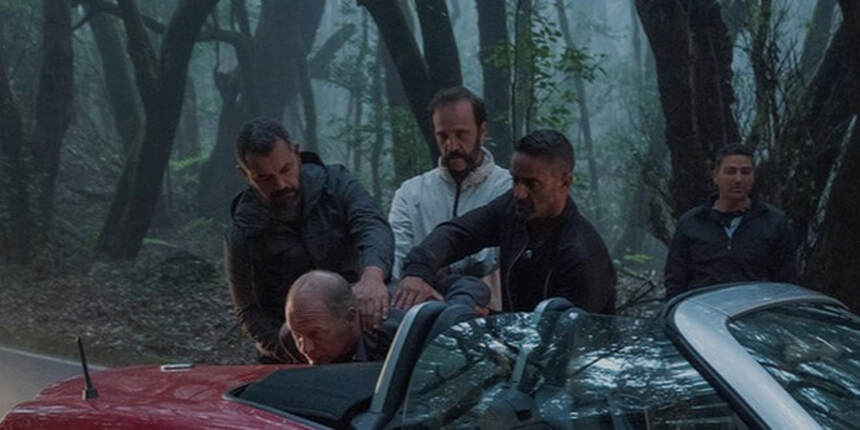
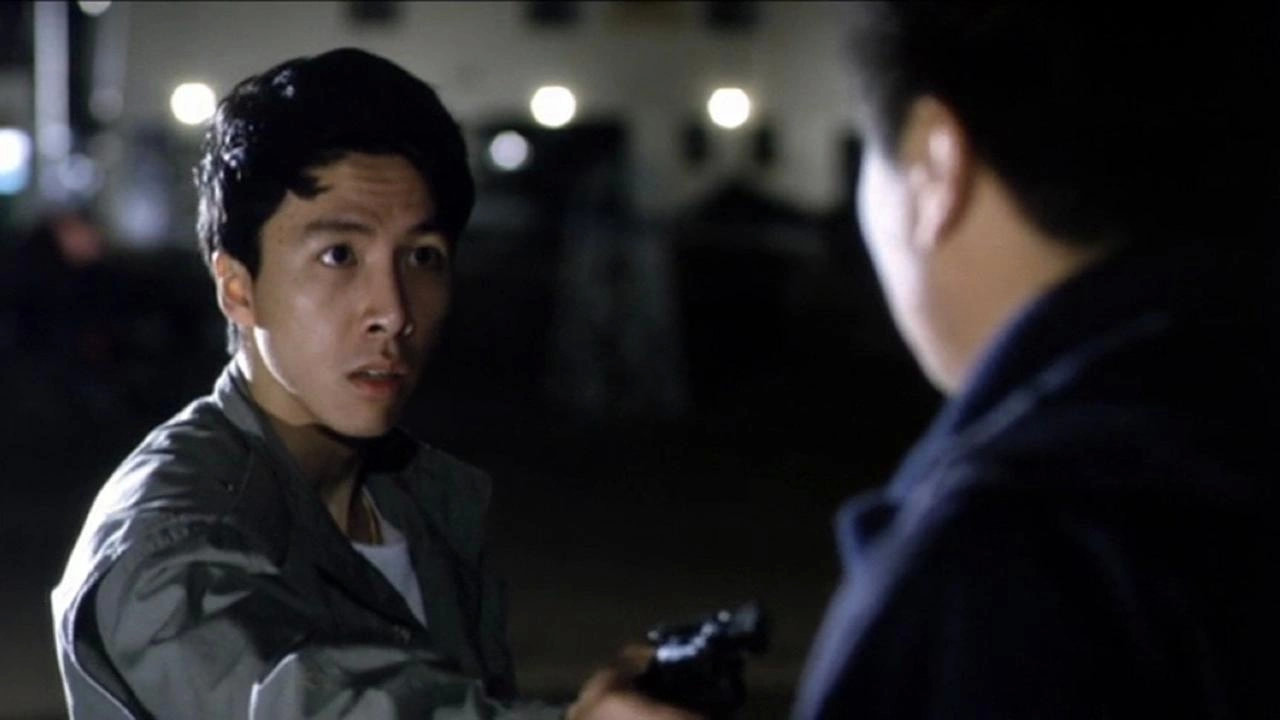
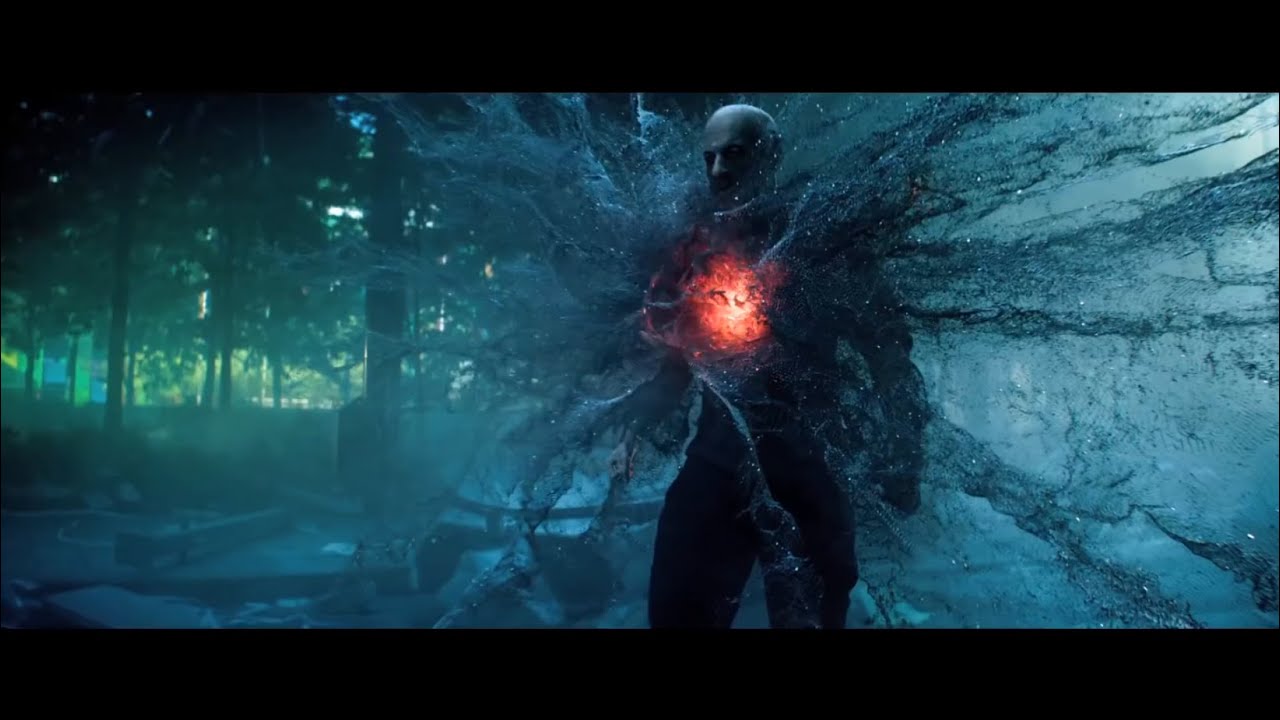
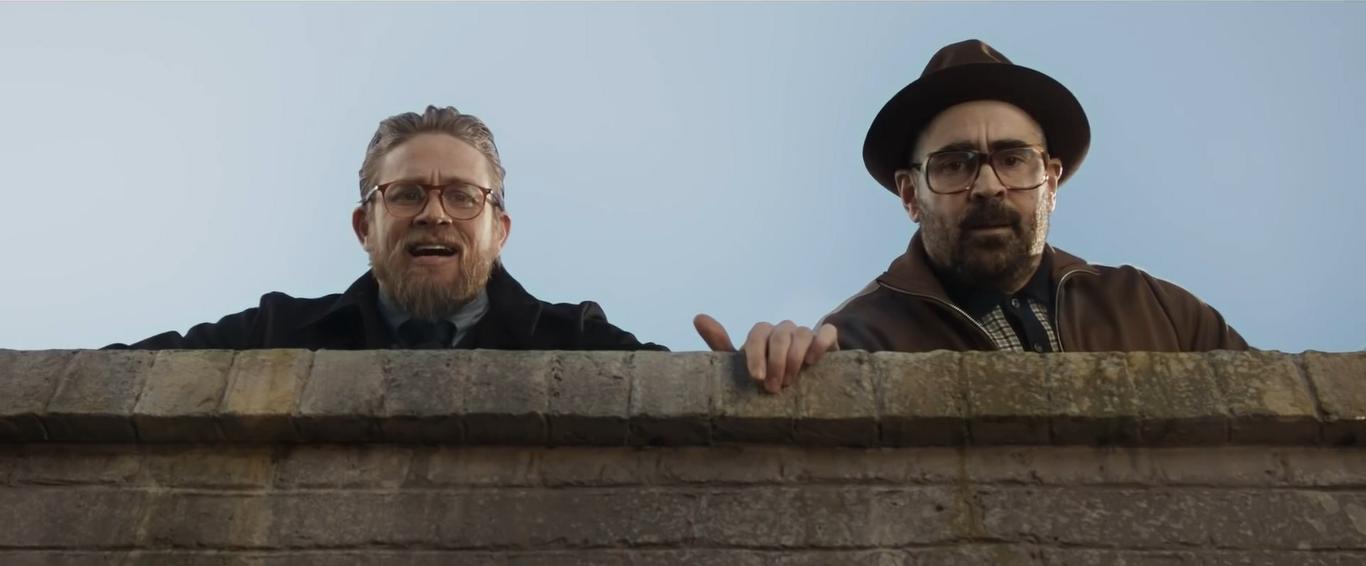
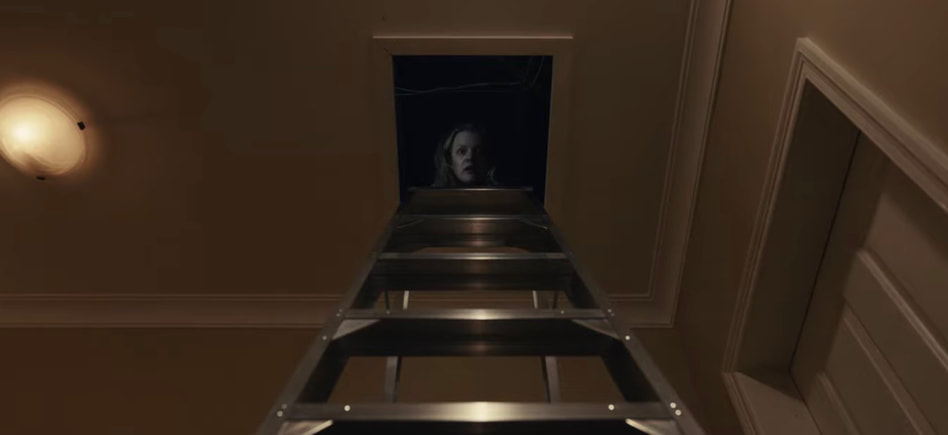
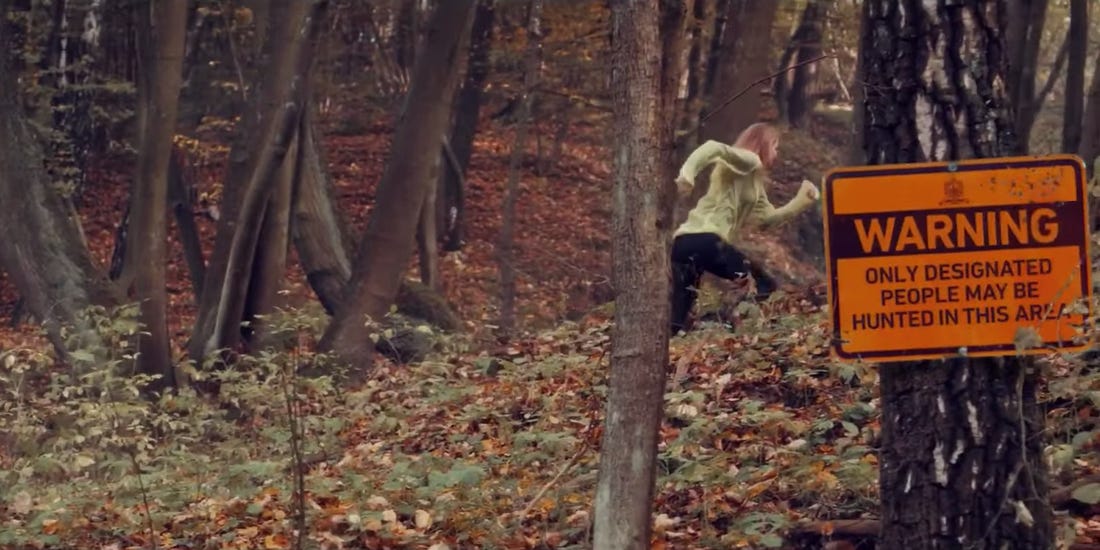
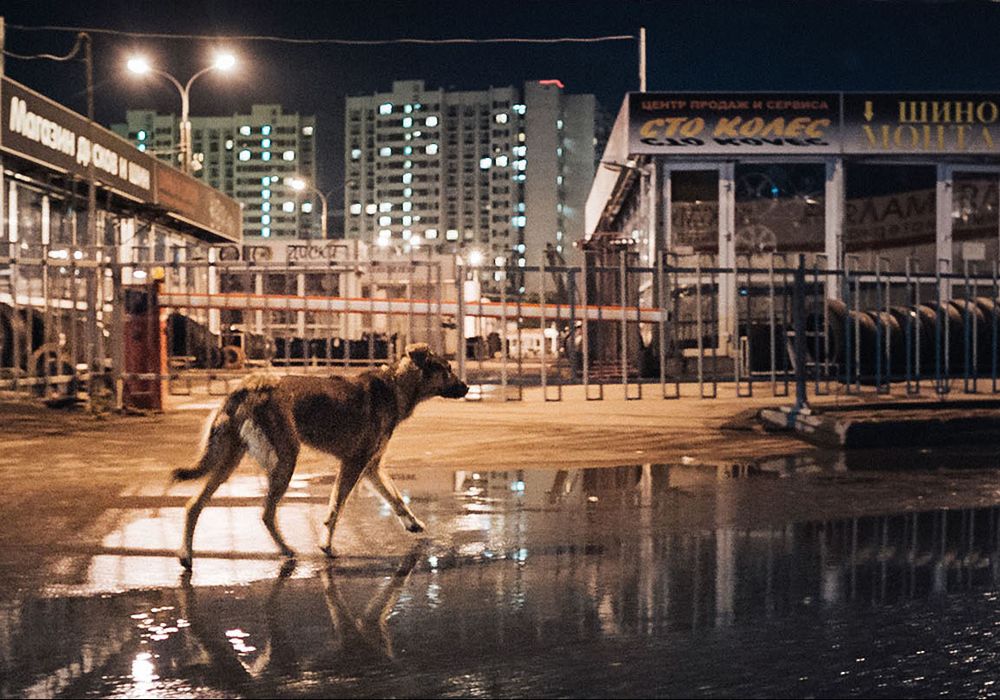
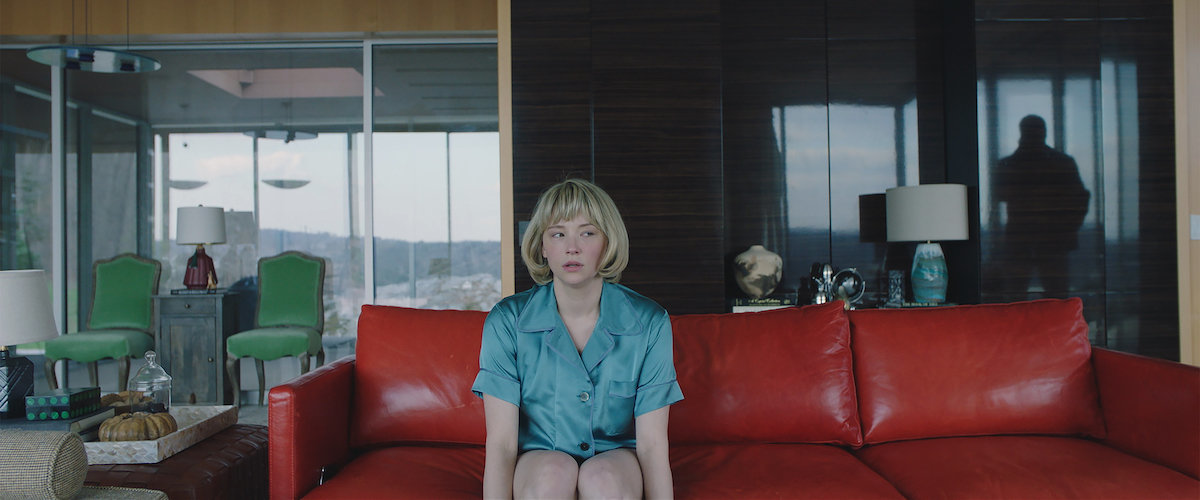
 RSS Feed
RSS Feed
